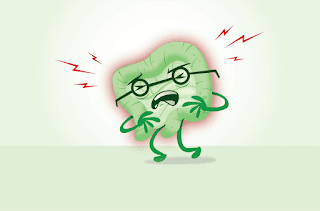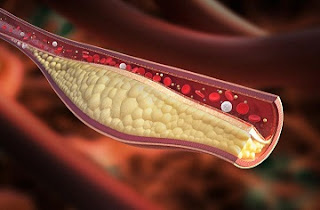Understanding Constipation|Why Treat Constipation|Effects
Understanding Constipation
 |
| Constipation |
Why Treat Constipation?
If constipation occurs only occasionally, many of us tend to wait for it to disappear by itself. In fact, there are various reasons to treat constipation:
1. Transport time
The time it takes to move through our bodies varies from person to person. Food can be transmitted by our bodies within 24-36 hours, but research indicates that the average is about 50 to 60 hours. It can be even longer if you are constipated, which leads to the build up of waste in the gut, which can make you feel very uncomfortable.
2. Waste collection
When you think about it, constipation is a food waste that can age for days, staying in your body longer than it should - you eat all kinds of food, but none of that waste comes out. It's not surprising that constipation makes you feel anxious, bloated, and lethargic as you build up, get heavier, and move around day by day.
Constipation Effects
The occurrence of constipation is not only physical but can affect you in other ways. The results of the survey by the special clinic indicate:
- 65% of people report discomfort, fatigue and skin complaints based on the symptoms they associate with constipation.
- One in four women report irritability as a symptom of constipation.
- 51% acknowledge low self-esteem, which negatively affects their social life; 38% said they had rejected or left early in the relationship.



Comments
Post a Comment